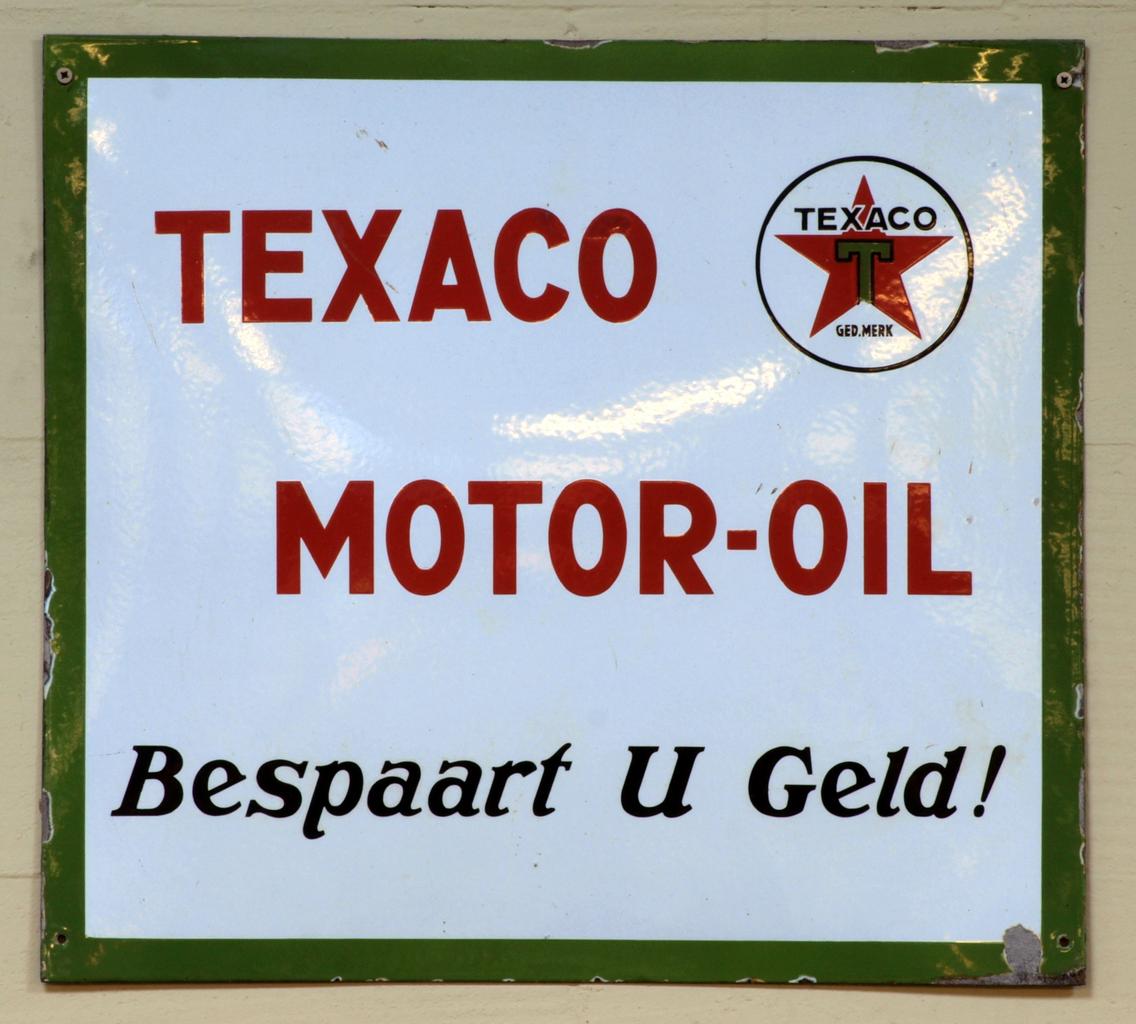
Introduction
Although many huge corporations are successful monetary wise, many have issues painted with underlying greed and environmental damage due to their indifference towards making sure their business efforts are safe to individuals and the environment. Instead of using their resources to analyze their business and prioritize safe methods of operation, we frequently observe businesses focusing solely on how to increase revenue, which becomes a never-ending problem among corporations with unimaginable sums of money. We see issues with the Texaco corporation on a widespread scale as a corporation focused on their growth before anyone or anything else, especially those in marginalized populations, such as the novel Texaco. When the underprivileged community squatting on Texaco finds themselves struggling to survive with no resources in extremely harsh environmental conditions, a multimillion-dollar corporation is raking in money while turning a blind eye to these individuals’ struggles.
History of the Texaco Corporation
Texaco is a petroleum corporation that was formed in Beaumont, Texas in 1902. The primary objective of Texaco is the distribution of gasoline throughout North America, Latin America, and West Africa. The corporation, initially known as The Texas Company, chose to use the name Texaco as its trademark when salesmen observed it used as the abbreviation in telegrams. They officially developed the nickname as their corporate name in 1959. After Texaco had become a successful enterprise, the shareholders of Texaco and Chevron firms decided to merge the two businesses together on October 16, 2000. The new company, ChevronTexaco Corporation, began conducting business together nearly a year later. (“Texaco Homepage”).
Coincidentally, as Texaco grew into a multimillion-dollar firm, so did the number of cases filed against it. In 2011, Texaco was forced to pay an $18 billion dollar settlement (later brought down to $9.5 million) brought by Indigenous people and local farmers for the damage Texaco had done to the Ecuador region. The oil firm caused irreparable harm by spilling crude oil and storing hazardous waste in open pits, which further poisoned the soil and contaminated all water sources (Simon). Instead of accepting guilt and going forward to repair and make amends with the communities they ruined, they decided to take things a step further and push lawsuits on the lawyer who brought the lawsuits against the oil company: “And Chevron wasn’t happy. Their solution? Deny and demonize…” (Simon). By doing this, oil firms leverage their position as a major player in the global economy and their wealth to minimize or entirely silence the victims of their acts. We also observe instances of the Texaco corporation using its influence and surplus wealth on the same piece of land where people lack resources and are negatively affected by living so close to oil storage.
Novel
In the Texaco novel, a little group of hutches founded by Marie Sophie with the name Texaco—the same as the oil company it surrounds—lies around the oil and gas depot owned by the corporation. The Texaco landowner calls in the French police to evict Marie Sophie and her neighbors on multiple occasions. Readers of Texaco can easily recognize the disparity between extremely poor individuals and a wealthy oil firm that is hoarding resources while a community lacks access to electricity and running water. Characters in the book become resentful of the corporation, and rightfully so, because Texaco can easily offer relief but instead chooses to overlook the struggle right in front of them. “…we learned between the flies and the mosquitos, the smells and the miasmas…” (Chamoiseau 320). This alone stands as evidence that the frequent vapor of oil has put Marie Sophie and her community in harsh living standards that pose a threat to the community’s health. As the story goes on, we wonder why there is such a difference between huge wealth and disadvantaged neighborhoods and how those on the margins manage to establish themselves.
Environmental Damage
In Texaco, Marie Sophie describes the effects of living next to the gas depot while saying, “The gasoline smell made me open my eyes. A persistent smell going through your bones. The smell would never ever leave my life” (Chamoiseau 286). As anyone could imagine, the constant petroleum stench these characters encountered could be enough to make your eyes water, let alone be harmful if it is constantly inhaled into your immune system. This stench may be intolerable to be around for a length of time, but to be exposed to this for decades is extremely detrimental. Additionally, we also read in the novel that after the Texaco corporation had been inactive and out of Fort-de-France for a long period of time, there was still a “smell of stale oil permeated the soul” (Chamoiseau 24). Even if a corporation and its oil products had long since left the region, the environmental harm to the area is clearly demonstrated by this quote. When oil companies find new resources and regions that could potentially boost their revenue, they tend to focus on going the extra mile to make more money rather than doing things the environmentally safe way.
Works Cited
Chamoiseau, Patrick. Texaco. Trans. Rose-Myriam Réjouis & Val Vinokurov. NY: Vintage, 1997.
Simon, Morgan. “Courts Are Not a Weapon: How Corporations like Chevron Use the Law to Get Their Way.” Forbes, Forbes Magazine, 8 Nov. 2022, https://www.forbes.com/sites/morgansimon/2022/05/26/courts-are-not-a-weapon-how-corporations-like-chevron-use-the-law-to-get-their-way/?sh=134d9c9428c2.
“Texaco Homepage: Texaco (US).” Texaco (US), https://www.texaco.com/.
Editorial Collective
Georgia Litteken, Jared Christopher, Olivia Scott

